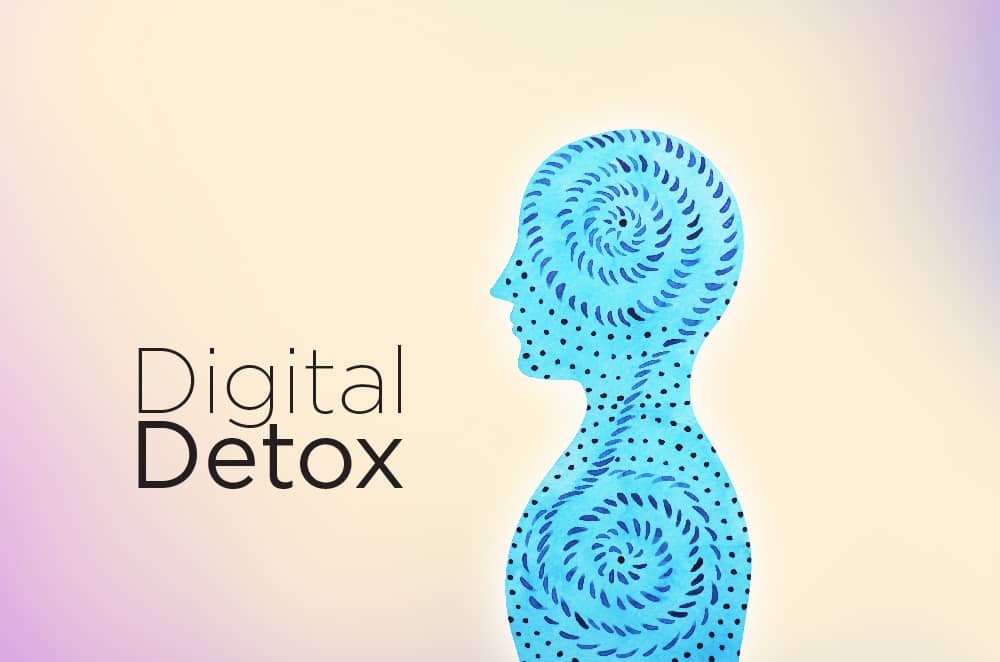Why Pakistan needs Digital Transformation?
Digital Transformation Brings Innovations, Growth and improved Governance

The world is changing day by day, opening doors for the new ideas and innovations. One of the hottest topics that we come across nowadays is Digital Transformation. The digital transformation is the amalgamation of digital technology into day to day activities of our lives. It is reforming the way how things were done, hence creating more value for the people.
Digital Transformation not only improves the existing technologies but also encourages innovations.
Disruptive technologies such as Artificial Intelligence, Blockchain, Augmented and Virtual Reality, drones, advanced robotics and all other types of connected devices leveraging IoT and cyber-physical systems, as well as 5G connectivity and cloud platforms are continuously transforming our lives. Many developing countries are focusing on digital transformation.
The main reason for the accelerated adoption of digital transformation is internet penetration and the use of mobile phones.
According to Ericsson’s findings, the total number of mobile subscriptions was around 7.9 billion in Q1 2018 whereas; there are now 5.5 billion mobile broadband subscriptions. The introduction of Next Generation Mobile Services played a major role in this boom and laid the ground for the digital transformation. Now the world is moving towards 5G technology that will further strengthen this tech revolution.
The digital transformation has brought to surface many unique and innovative creations that were hard to even imagine a couple of years back. Take for example self-driving cars, many automakers, including Tesla, Nissan, General Motors, Uber, and Waymo, already hope to be either selling self-driving vehicles or at least using them in commercial ride-sharing services by 2025. A smart city can be considered as the epitome of digital transformation, which integrates all the traditional technologies with emerging ones to improve the quality of life. There are already more than 50 state-of-the-art smart cities in the world while many regular cities are also picking up some of the smart cities features.
The benefits of digital transformation are unlimited; inclusive and sustainable growth, improved governance, and responsive service delivery are just to name a few.
Digital innovation can both generate value for business and unlock benefits for society, by creating jobs, saving lives and reducing emissions. Given the magnitude of change in competitive advantage that digital technologies can confer on adopters, the risks of slow or poor adoption of these innovations can be dire for industries, governments, individuals, and nations.
What we need right now is a holistic view of ICT and complementary investments; mobilization of demand for good governance and better services and promotion of public-private partnerships, among others.
Promoting an inclusive information society would emphasize digital literacy, local content, social intermediaries, and grassroots innovation.
Policy measures for the business transformation should include affordable access to the Internet and digital technologies; mobile finance; digitally enabled government to business transactions; platforms to facilitate trade and e-commerce; and Internet-based training and business services.
Mastering the digital transformation process demands solid managerial and technical skills, leadership institutions, policies and regulations for a digital economy, and a competitive communication infrastructure and ICT industry. It calls for strategies to strengthen academic institutions and reposition them for a digital economy. It calls on stakeholders to define clear roles for government, business, and development partners, and to build competent institutions to lead the transformation process. We also need to work on key policy issues such as privacy and cybersecurity to promote a local ICT service industry that supports a vibrant transformation ecosystem.
The journey of the transformation is hard, especially for a country like Pakistan where people and entities are traditionally maintaining less technology savvy culture and are more inclined to resist the digital transformation process. Therefore, the most daunting challenge of all is to sell the idea of change itself. We have seen great improvement in health, education, commerce, and governance and agriculture sectors of the country that has exerted a beneficial impact on the socio-economic state of the country. Hopefully, the newly elected government of PTI will follow the same pattern and build the much needed digital infrastructure to promoting Information Technology (IT) sector of Pakistan.
PTA Taxes Portal
Find PTA Taxes on All Phones on a Single Page using the PhoneWorld PTA Taxes Portal
Explore NowFollow us on Google News!




